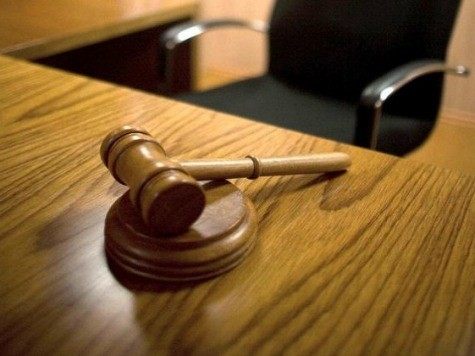U.S. District Judge Orlando Garcia in February 2014 ruled that AT&T Inc. was ineligible to appeal a $40 million patent verdict in favor of Two-Way Media LLC because its attorneys from Sidley & Austin LLP and Davis Cedillo & Mendoza Inc. failed to file an appeal by the court’s deadline. Sidley & Austin LLP appealed what is essentially its malpractice based on the court’s electronic docket lacking full disclosure of the court’s order. But in a split panel decision, Federal Circuit refused to reverse the decision.
Sidley Austin’s Chairman Carter Phillips argued last fall that the failure to act should be excused because the District Court “mislabeled electronic notices” for the orders that started the clock running on the time to appeal. But Federal Circuit Judges Kathleen O’Malley and Evan Wallach ruled on March 19 that AT&T and its counsel are legally responsible to monitor orders on civil docket, regardless of any issues with electronic notifications.
Sidley, Austin, Brown & Wood is the sixth-largest U.S.-based corporate law firm with about 1900 lawyers with offices in 18 cities worldwide. Sidley & Austin has the seventh highest billing rate of any law firm on the planet, according to CorporateCounsel.com. S&A partners charge major customers for volume work rates of $395 to $600 an hour and bill their young associates at $205 to $395 an hour. The firm’s annual revenues are believed to be more than $1 billion dollars a year.
One of the key reasons that corporations are willing to pay such egregious law bills to major firms, like S&A, is the iron clad confidence that they are experts in negotiating all the esoteric differences in “Local Rules” between the 13 different U.S. circuit courts. But the malpractice error that S&A may have committed involves a rule that is common for all circuits.
A jury in March 2013 awarded Two-Way $27.5 million in damages, and the Judge Garcia added costs and pre-and post-judgment interest that brought the final judgment to just under $40 million in November of 2013.
In a filing in the Texas federal court, AT&T said its attorneys only realized about two months later that all of the motions had been resolved when one of their associates happened to read the actual court orders while searching the docket for something else.
Judge Garcia ruled there was no excuse under the “Rules” to grant extension. “The court finds it is not sufficient for attorneys to rely on the electronic and email notifications received from the [Electronic Case Files] system, as the docket entries and notifications do not always convey the court’s disposition in its entirety,” he added. “The substance of the orders carry validity under the law, not the electronic [filings].”
In a devastating comment regarding the competence of S&A, Judge Garcia said he found it “very troublesome” that for over 52 days, none of AT&T’s 18 attorneys at two law firms bothered to read the orders issued by the court, check the docket for activity, or check on the status of the case.” He then ruled that Two-Way would be prejudiced if AT&T were allowed to appeal after missing the deadline. “Such an omission is particularly alarming in this case where a $40 million judgment has been entered against defendants.”
Two-Way demanded that AT&T immediately pay the judgment in full, but later agreed to allow S&A to appeal its actions after AT&T agreed to put up a $40 million bond.
Federal Circuit Judges Kathleen O’Malley and Evan Wallach ruled on March 19, 2015, that AT&T and its counsel were responsible for monitoring orders on the civil docket, regardless of any glitches in electronic notifications. Judge Timothy Dyk was in dissent, stating AT&T never received proper notice under the Federal Rules of Civil Procedure.
The appeal ruling may actually increase the risk that Sidley & Austin’s inactions may rise to the level of a malpractice claim when Judge O’Malley wrote in Two-Way Media v. AT&T, “The civil docket … had a complete description of those orders had AT&T bothered to check the docket, as it should have done.”
AT&T is out $40 million dollars, and Sidley & Austin seems to have dug a deeper hole for itself by appealing its own error.

COMMENTS
Please let us know if you're having issues with commenting.